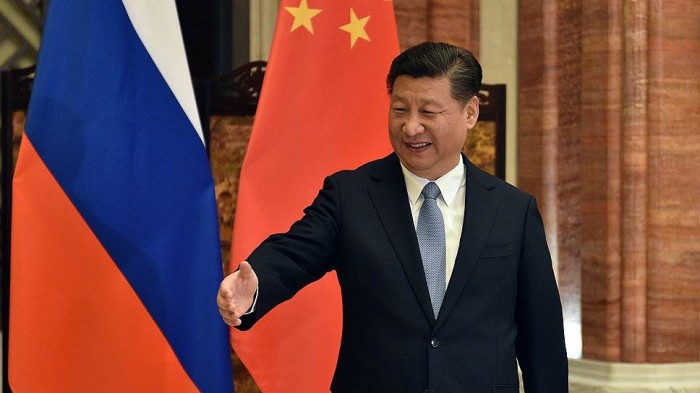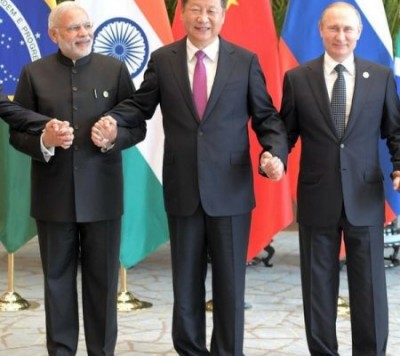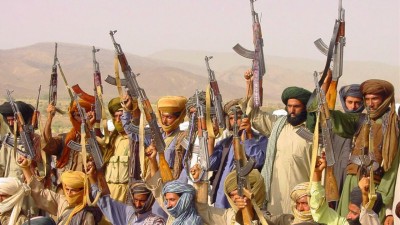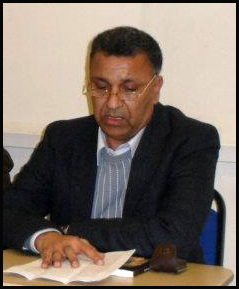| Home » Articles » Analytics |
| Entries in category: 5 Shown entries: 1-5 |
Sort by: Date · Name · Rating · Comments · Views
|
After World War II, Yugoslavia was organized as a federation of six republics, with borders drawn along ethnic and historical lines: Bosnia and Herzegovina, Croatia, Macedonia, Montenegro, Serbia and Slovenia with the two autonomous Serbian provinces of Vojvodina and Kosovo. The Yugoslav federation worked successfully largely due to the strong leadership of president-for-life Josip Broz Tito, but after his death in 1980, a weakened central government could not cope with the growing ethnic and nationalist tensions. |
|
Is India Surrounded By ‘Enemies’?https://www.youthkiawaaz.com/2017/03/cpec-a-cause-of-concern/ Comment by: Dr. Jumma Khan Marri What India wants nobody knows and then out of clear sky India shout and cry loud that friends are betraying her, India is always shy like first night bride cannot articulate and defend her interests, wants everybody should know her body language. World resources are limited and every country is behind their trade and geopolitical interests, even in case of Balochistan Indian position is neither clear nor understood by Baloch nor does Pakistanis. Moody Indian should first learn to talk and then get angry at others. Indian should learn from Russian, how to fight and defend their rights and interests under the unequal heaven. |
|
By: Dr. Naseer Dashti Introduction The Baloch and the Pakistani state relations can easily be termed hostile since 1948. The history of relationship between the Baloch and the Pakistani state establishment is the history of violent conflicts. According to the Baloch perceptions, their national resistance is their response to cultural and economical domination and political subjugation. Crude military power has been the only way adopted by almost every Pakistani Government in dealing with the Baloch discontent. During all conflicts, the Baloch masses and their leadership suffered heavy losses in men and material. The ongoing military campaign is the bloodiest one causing internal dislocation of thousands of Bugti and Marri tribesmen. The brutal murder of one of the towering figures of the Baloch national movement, Nawab Akber Bugti and the mysterious death of the revered resistance fighter Nawabzada Mir Balaach Marri are the most important happenings of the present conflict. In addition, kidnapping of hundreds of the Baloch by security agencies is another unprecedented hallmark of the 5 years long, low intensity war of resistance and political mobilization in Balochistan. In the wake of a democratic dispensation in Pakistan, talks of a negotiated settlement of the conflict between the Baloch and the state are being heard from various quarters. Is a negotiated settlement possible between the Baloch national resistance and the state establishment? This essay is a brief discussion on the nature of the Baloch and the state relationship, dimensions of the Baloch resistance and the possibility and parameters of a peaceful settlement within the Pakistani Federation. |




